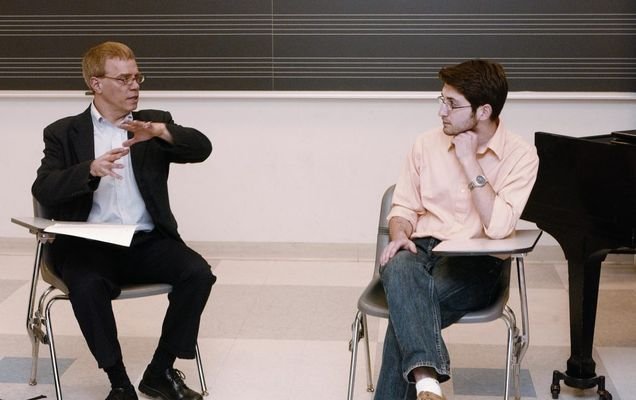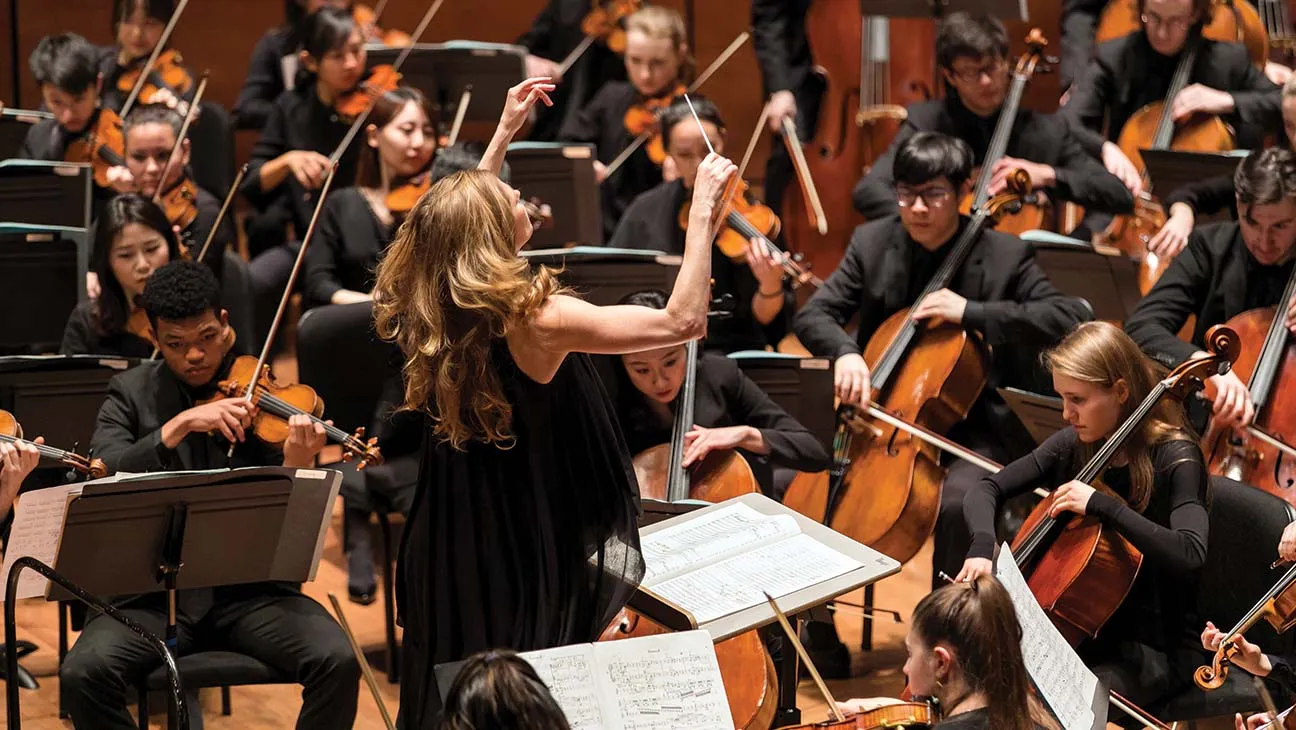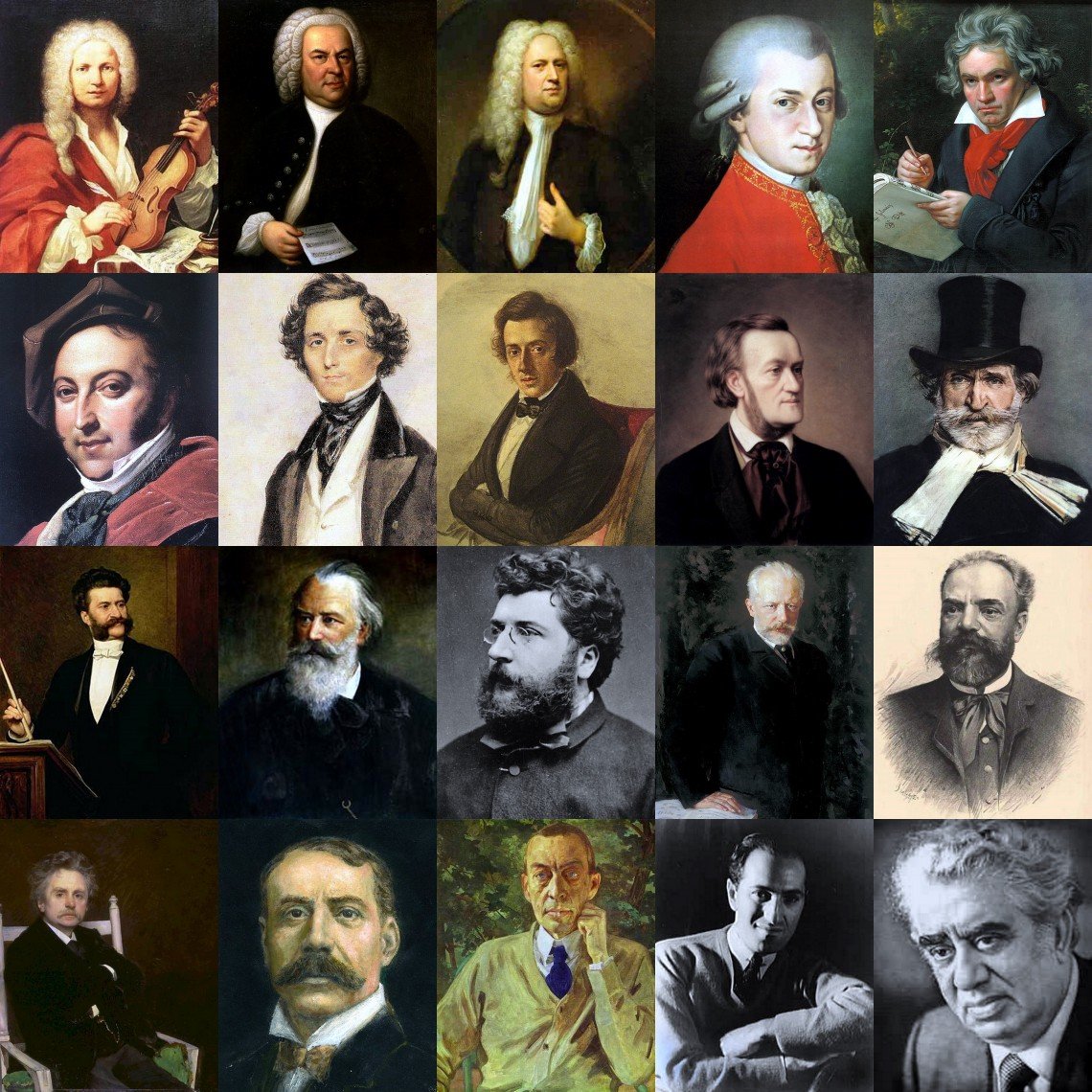Music composition and songwriting are terms often used interchangeably, but they are distinct practices, each with its own focus and creative process. While both involve creating music, they differ in terms of structure, intent, and the roles they serve in the music world. In this article, we’ll explore the key differences between music composition and songwriting, helping you understand which path may be best for you as a musician or composer.

What Is Music Composition?
Music composition refers to the process of creating original music, typically focusing on the arrangement of melodies, harmonies, rhythms, and orchestration. Composers work to craft pieces that can range from classical symphonies to contemporary film scores, jazz improvisations, and beyond. The primary goal of composition is often to create instrumental music or complex arrangements that can be performed by musicians or ensembles.
Key Features of Music Composition:
- Instrumental Focus: Many compositions are purely instrumental, relying on orchestral, chamber, or electronic instruments without vocals.
- Complexity: Music compositions often involve intricate harmonic structures, counterpoint, and orchestration. The composer is concerned with how the instruments interact and work together within the piece.
- Formal Structure: Composers often follow formal music structures such as sonata form, rondo form, or variations, with less emphasis on verse-chorus-verse patterns.
Examples of Music Composition:
- Classical symphonies by composers like Beethoven or Mozart.
- Film scores composed for movies or video games.
- Electronic compositions created with synthesizers and digital tools.
What Is Songwriting?
Songwriting, on the other hand, focuses primarily on creating songs that feature lyrics and music, typically for popular music genres such as rock, pop, country, and folk. Songwriters create the musical framework for songs, often writing both the melody and the lyrics, with a particular emphasis on creating a catchy or memorable tune. The goal is to produce a song that can be performed, recorded, and enjoyed by an audience, with a clear emphasis on song structure.
Key Features of Songwriting:
- Lyric-Centric: In songwriting, lyrics often play a crucial role. Songwriters write both the music and words to convey a message or emotion, and the lyrics typically shape the structure of the song.
- Popular Song Structure: Most songs follow common pop or folk structures like verse-chorus-verse, bridge, or refrain, designed to capture the listener’s attention.
- Accessibility: Songwriting often involves creating music that is easy to sing along with or play on a guitar, making it more accessible for mass audiences.
Examples of Songwriting:
- Pop hits like those by Taylor Swift or Ed Sheeran.
- Folk songs written by artists like Bob Dylan.
- Rock anthems from bands such as The Beatles or Queen.
Key Differences Between Music Composition and Songwriting
- Focus:
- Music composition is often about creating instrumental music and complex arrangements, while songwriting revolves around writing songs with lyrics and catchy melodies.
- Composers typically focus on how instruments work together in harmony, while songwriters focus on writing lyrics that resonate with listeners.
- Structure:
- Music composition may involve elaborate formal structures and orchestrations, often for larger ensembles.
- Songwriting usually follows a simpler, more repetitive structure (verse-chorus-verse) and emphasizes a catchy, singable melody.
- Intended Audience:
- Composers may create music for professional musicians, orchestras, or cinematic projects, often with a specific performance context in mind.
- Songwriters aim for songs that appeal to a broad audience, often with commercial success and accessibility in mind.
- Lyric Writing:
- While composition may involve lyrics in some cases, such as operas or musical theater, it often focuses more on the musical elements themselves.
- In songwriting, lyrics are integral to the song’s identity, and much of the songwriter’s work revolves around crafting meaningful or relatable words.
- Application:
- Music composition is often associated with classical music, film scores, and instrumental pieces.
- Songwriting is primarily associated with popular music, including genres such as pop, rock, and folk.
Which Path Should You Choose?
The decision to pursue music composition or songwriting largely depends on your interests and goals as a musician:
- If you enjoy working with complex arrangements and instrumental music, and you are interested in composing for orchestras, film, or electronic media, music composition might be the right path for you.
- If you’re drawn to writing catchy tunes and crafting lyrics that resonate with listeners, and you aim to create songs for popular music genres, songwriting may be a better fit.
Conclusion
Music composition and songwriting are both vital parts of the music world, each with its own unique approach to creativity and expression. While composition often focuses on complex arrangements and instrumental works, songwriting is centered around crafting accessible songs with lyrics and melody. Whether you’re a composer or a songwriter, understanding the differences between these practices will help you decide which direction aligns with your musical goals. Both paths offer exciting opportunities for creating powerful and emotive music that resonates with audiences.







